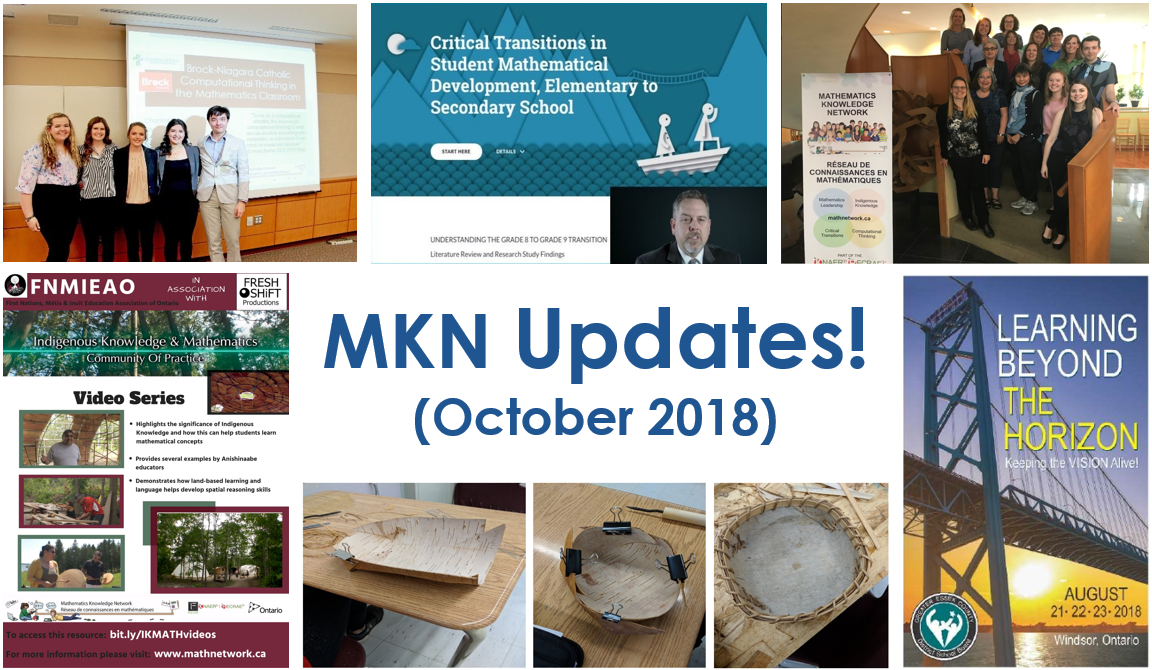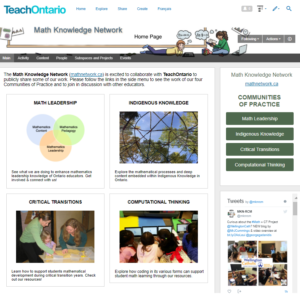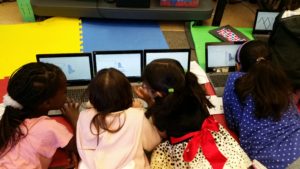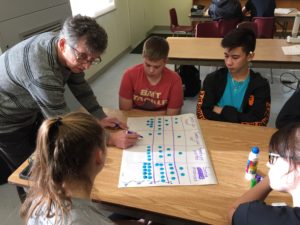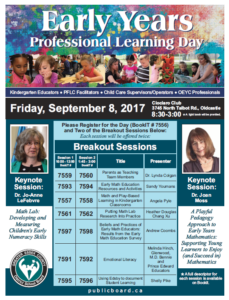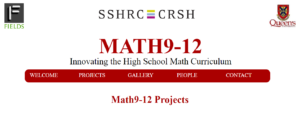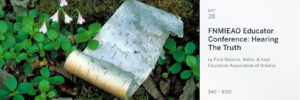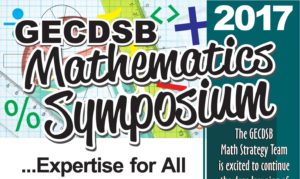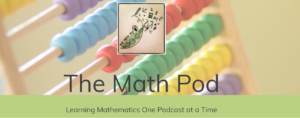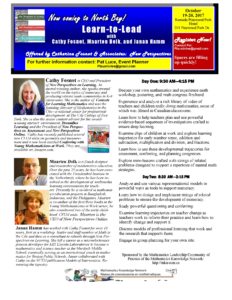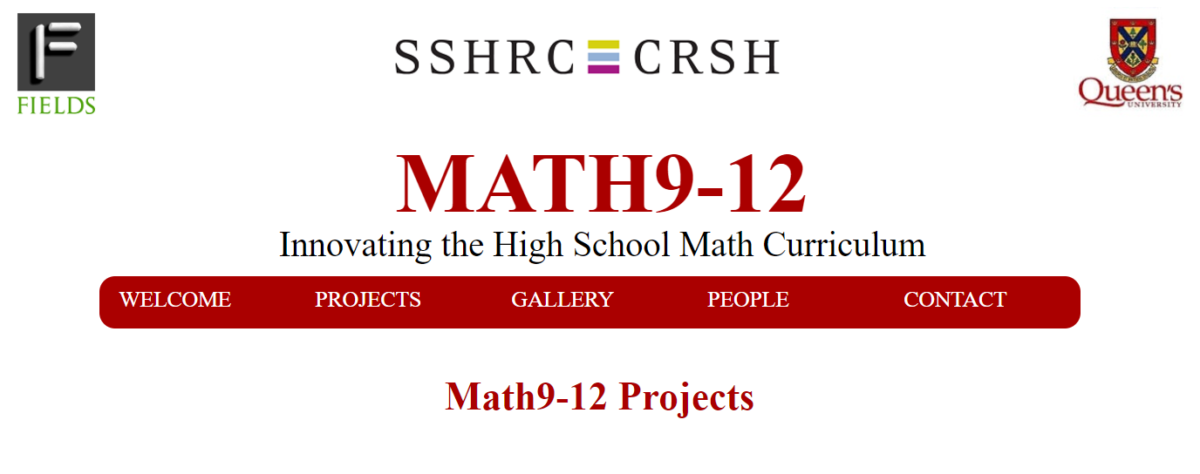Want to know what we’ve been up to? Read the updates below to learn about network growth, resources, upcoming sharing, and our Communities of Practice in Year 2!
Network Growth
We have grown to include over 14 school districts, 15 universities, and 16 organizations!

MKN Website & TeachOntario
- Explore our website, sign up for our mailing list, and follow us on Twitter @mknrcm to stay up-to-date on network activities and resources.
- The MKN Hub is now live at TeachOntario.ca! Share & engage with Ontario teachers (and beyond!) through our online discussion groups.
Upcoming Sharing
- KNAER Cross-Network Meeting (Nov 30): MKN will attend & learn/share with other KNAER networks.
- MKN CoP Lead Meeting (Jan 26): CoPs will meet to discuss Year 2 progress, share artifacts, and discuss next steps.
- Ontario Education Research Symposium (Feb/Mar TBD): potential joint-presentation with all KNAER networks, including the MKN.
- MKN Advisory Panel Meeting (Apr 17): Opportunity for MKN partners to come together to discuss network updates and future plans.
- OAME Math Conference (May 3-4): CoP members will present their work.
Find more details on our events page.
Communities of Practice
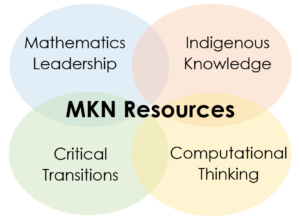 Our four CoPs completed their Year 1 activities and have created and shared various resources such as research minis, documentaries, lesson plans, literature reviews, and more.
Our four CoPs completed their Year 1 activities and have created and shared various resources such as research minis, documentaries, lesson plans, literature reviews, and more.
CoP leads met on October 24, 2017 to share their work from Year 1, discuss future plans, and find cross-CoP connections. Attendees represented all 4 CoPs, the MKN Executive, TVO, KNAER, and the Ministry of Education. CoP leads will meet again in January 2018 to report on progress, share artifacts, and discuss next steps.
CoPs in Year 2 (Sept 2017 – Aug 2018)
Computational Thinking in Mathematics Education
- Wellington CDSB:
- Elementary: Leadership Projects.
- Secondary: Gr 10 Math + Comp. Sci. Cohorts.
- Andrews PS + Rainy River DSB collaboration.
- Western Education: Refined Math + CT integration.
- Brock/Niagara CDSB collaboration on CT in HS math.
- Offer mathematics based activities for hour of code.
See mathnetwork.ca/ct for more information. You can find a more detailed Year 1 overview and plans for Year 2 here.
Critical Transitions in Student Mathematical Development
- Early Years:
- GECDSB Professional Development Day September 2017.
- Scale-up Year 1 survey (~5000 educators).
- Balanced Numeracy website development.
- Gr 8-9 Transition workshops.
- HS Math Enrichment Modules (Math9-12) – workshops, field testing with 9 teachers, 270 students, as well as a student survey.
- Various OAME workshops. Stay tuned!
See mathnetwork.ca/transitions for more information. See their detailed Year 1 overview here.
Indigenous Knowledge & Mathematics Education
- CoP meetings and sharing (e.g. FNMIEAO Educator Conference, IKME Conference in Fort Frances, OAME, OERS, etc.).
- Developing protocols for working with Indigenous communities, and developing a video resource.
- Visiting school boards for co-learning sessions.
See mathnetwork.ca/indigenousknowledge for more information.
Mathematics Leadership
- Ongoing meetings & events with CoP partners (e.g. Leadership Institute in North Bay with Cathy Fosnot, GECDSB Mathematics Symposium, and many other MLN, ML2N, and NWML2N events).
- Blogging, podcasts, and Twitter chats via @TheMathPod – a collaborative learning space for educators who want to learn more about mathematics.
- GECDSB: Mobilizing lead-learners to build depth and spread by developing the expertise of all educators.
See mathnetwork.ca/math-leadership for more information.
View this post as a 2-page summary!

